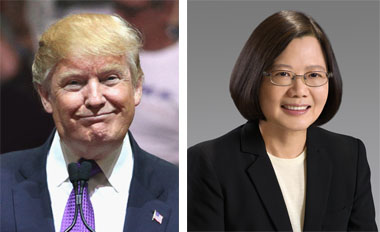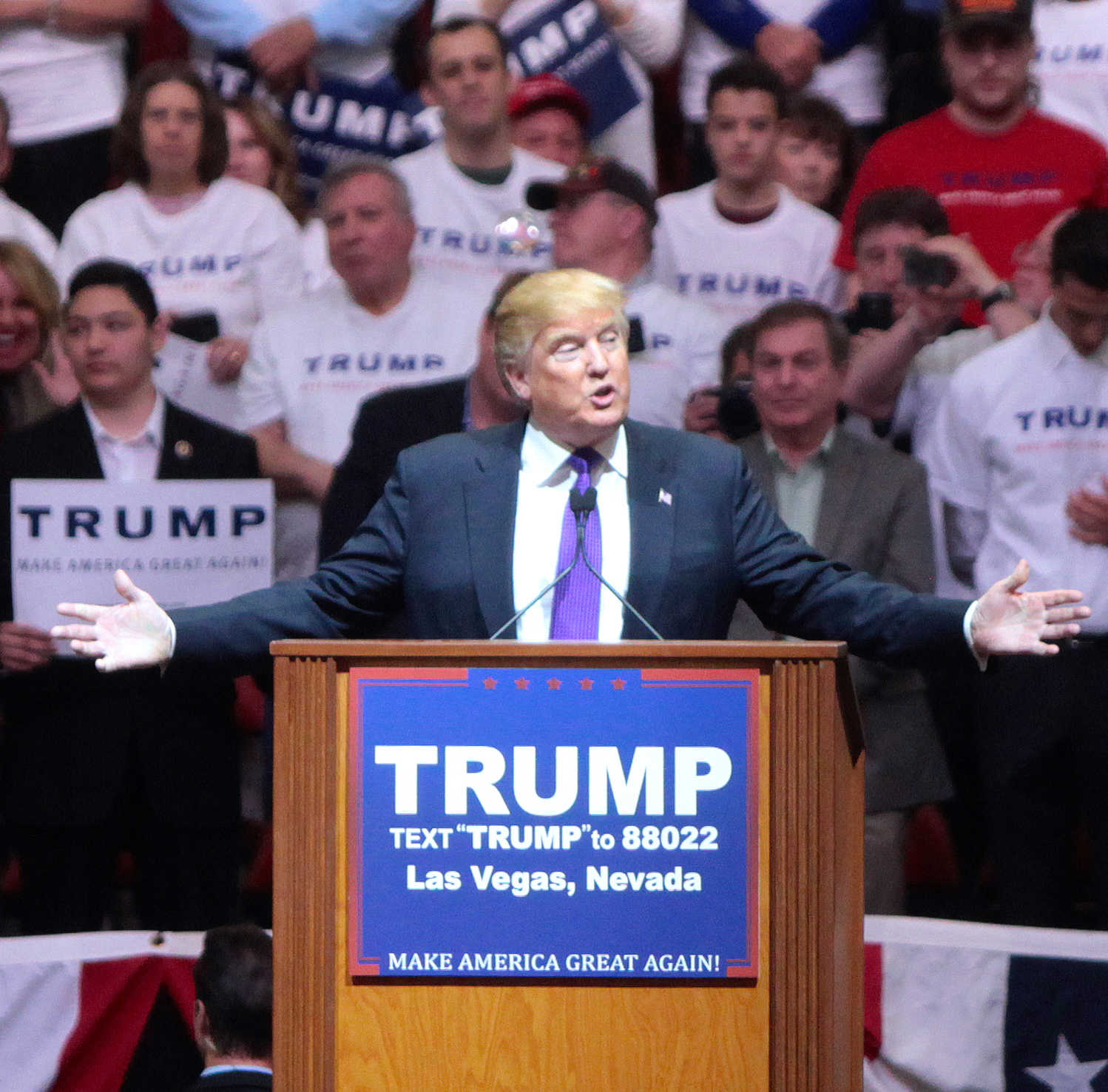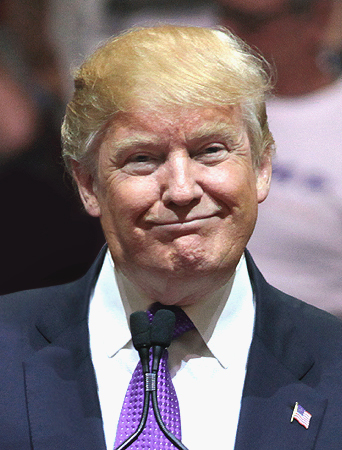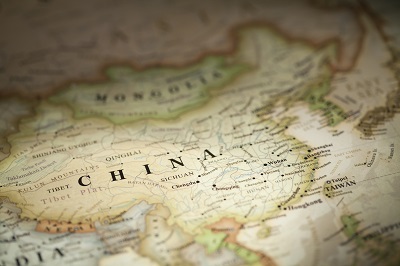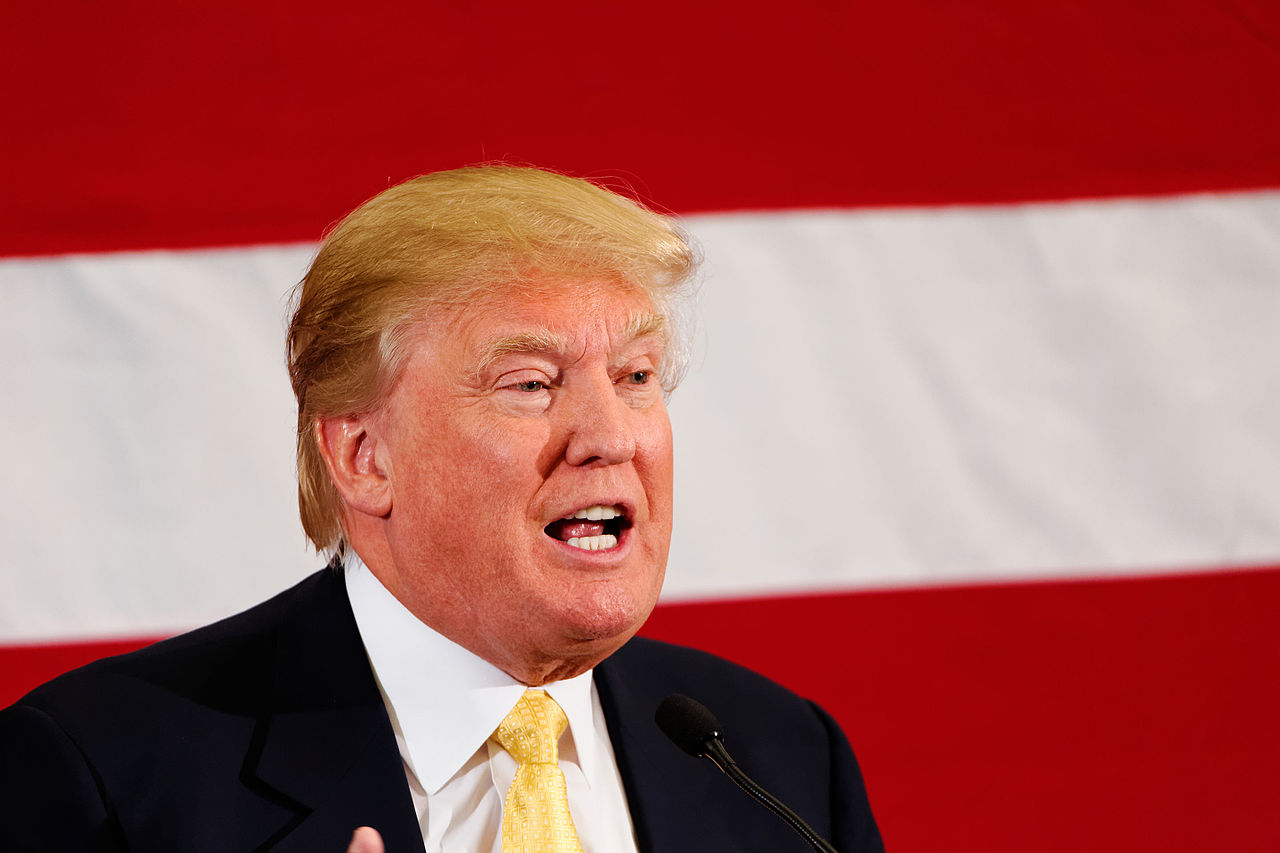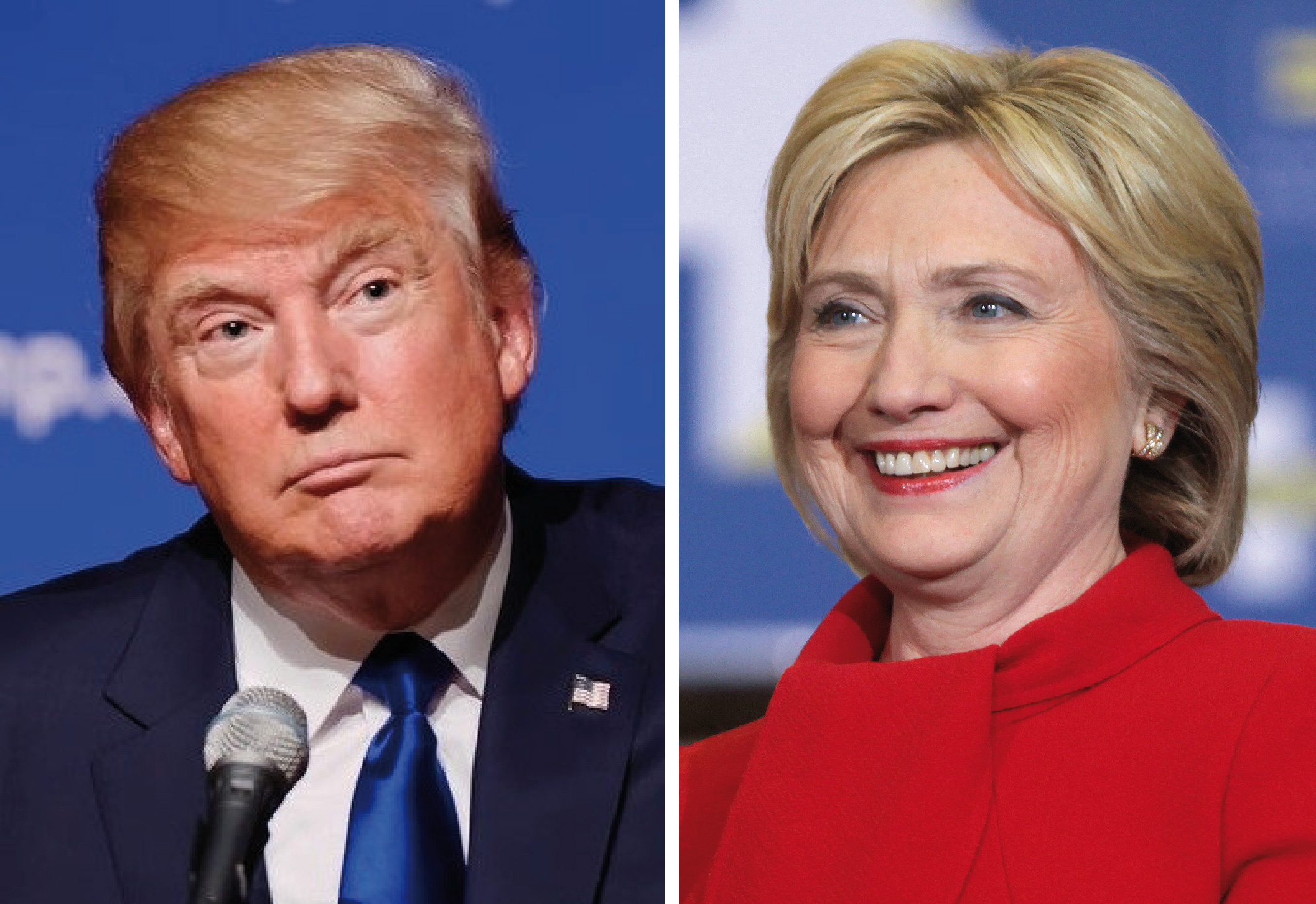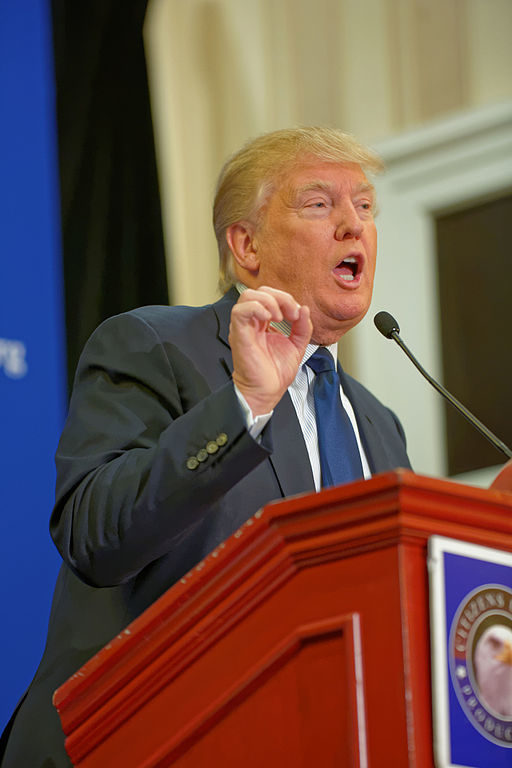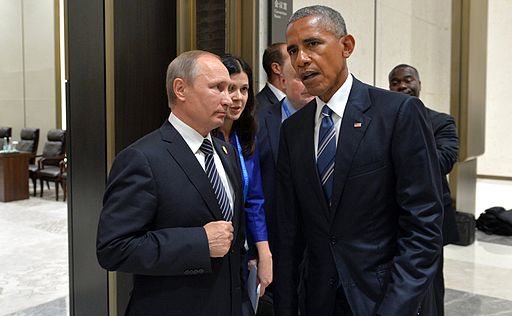A nation must think before it acts.
China & Taiwan
Seventy-five Years Ago: Remembering Pearl Harbor and a World at War
The seventy-fifth anniversary of the attack on Pearl Harbor offers an opportunity to look back on the world-changing events of 1941. In that year, the United States was shocked into playing the role of a global superpower. This role...
Read more »Trump and Tsai: A Sign of Things to Come?
On December 2, President-elect Donald Trump spoke with Tsai Ing-wen, President of Taiwan, shattering nearly 40 years of diplomatic protocol. It has been characterized as everything from brilliant to petty and everything else in between. Since defeating Hillary Clinton...
Read more »Media Alerts for FPRI Scholars
Jacques deLisle will appear on WHYY's Radio Times in the 11:00 a.m. to 12:00 p.m. slot (ET) on Tuesday, December 6, and Clint Watts will appear on C-SPAN's Washington Journal on Tuesday, December 6 from 8:30 a.m. to...
Read more »8 Foreign Policy Questions Trump Needs to Ask
President-elect Donald Trump is in the midst of selecting his national security team. He not only needs to decide the “who,” but also the “how” of national security decision-making. It is unclear whether he will adopt Ronald Reagan’s model...
Read more »Suspend the Iran Nuclear Agreement, Mr. Trump
Iranian Foreign Minister Mohammad Javad Zarif was quick to warn President-elect Donald Trump that the United States is "duty-bound . . . to abide by the country's commitments" to the Joint Comprehensive Plan of Action (JCPOA). That document...
Read more »Implications of Emerging Chinese Surveillance and Strike Complexes
China appears determined to assert itself throughout the Asia Pacific region and undercut United States’ alliances with potentially destabilizing effects on regional security. Its increasingly aggressive actions in the Western Pacific, coupled with rising defense spending have elevated the...
Read more »Searching for a Trump Grand Strategy
During his Presidential campaign, Donald J. Trump continuously emphasized several themes: the United States was on the “losing” end of a number of security and trade deals with other countries, while “free-riders” were both draining U.S. military capacity and...
Read more »Foreign Policy Challenges Facing the Next American President
Foreign policy plays a paradoxical role in U.S. presidential elections. As a global power with historically unparalleled influence, the United States and its elections occupy a central position in the world’s attention. Added to that is the constitutional fact...
Read more »The Foreign Policy Views of Donald Trump
The foreign policy views of the Republican nominee Donald Trump have been called dangerous, treasonous, confused – and that’s just according to leading Republicans and conservatives. For example, the editor of The Weekly Standard Bill Kristol says, “It’s not...
Read more »US and Russia: A Pacific Reconciliation?
Australian Institute of International Affairs Russia’s Far East is just as susceptible to Chinese power as the countries of the Indo-Pacific and if the country wants to shore up control over this region, repairing relations with the US will...
Read more »




